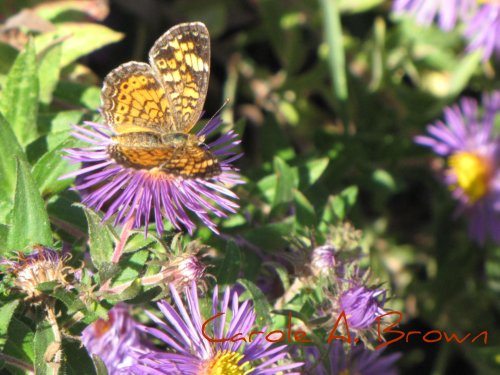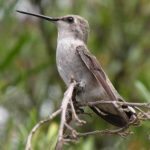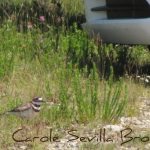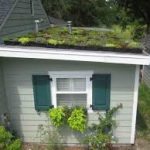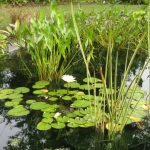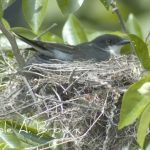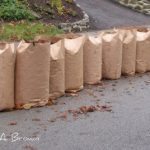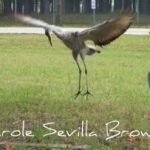I was chatting with Doug Tallamy recently for an Ecosystem Gardening Radio episode, and we were talking about how much misinformation is out there about the value of native plants to wildlife and how gardeners really need to learn to do their homework before adding plants to their gardens.
The sad fact is that most nursery owners, horticulturalists, and garden center managers have little to no understanding of the ecology of a garden or its relation to the environment beyond the garden fence. And very few gardeners have this information either.
Its not their fault. As a culture we dont teach ecology in school, and only those with an interest in the subject choose to study it.
But its not like only those with an interest in ecology need to have a healthy environment. We all need that.
Imagine how different our world would be if at a very minimum every politician, whether local, state, or national, understood ecology and the important ecosystem services that are provided by a healthy environment, which our survival is dependent on. I dont think they would be so quick to enact policies that trash our environment if they really understood the long term consequences.
In the meantime, the responsibility for acquiring this knowledge falls on each of us as homeowners, business owners, and land managers.
And yes, it is a lot to learn:
- What plants are native to your region?
- Which plants are invasive and should not be planted in your area?
- What plants will provide for the largest numbers of wildlife?
- How chemical fertilizers, pesticides, and herbicides kill all of the beneficial wildlife in the soil?
- And more
Ive been told that this is simply too much for anyone to learn, its impossible.
But look at how our culture has changed in just the last 10 years:
- Weve learned how to use email
- Weve learned how to use Facebook and Twitter
- Every time we get a new cell phone, we have to learn how to use it
- Weve learned iphones, ipods, ipads
In my lifetime I have had to learn many things. We did not have computers at home when I was young. Then only rich people had computers. Then there was the TRS-80 (we called it the Trash 80). And now there are laptops, netbooks, macbook airs. And the smartphone in my pocket is a more powerful computer that anyone could have imagined even 10 years ago.
In fact we learn new things all of the time.
And understanding the ecology of your garden and how what you do there impacts the world around you seems kind of easy compared to some of those things above.
So where should you start?
Find a native plant nursery near you, or a local chapter of your state native plant society and spend some time talking with the nursery owner or the members of the native plants society. These folks are passionate and knowledgeable and will be your best resources for the plants that will work best in your garden.
Print out a list of invasive plants in your area and carry it with you in your wallet. Every time you go to purchase a plant, pull out this list and check to make sure that your plant is not on that list.
Spend some time getting to know the conditions in your garden. Where does the water collect after it rains? How many hours of sun does each area of your garden really get each day? What type of soil do you have? Knowing these things will allow you to put plants in the right place for them in your garden (and will also show you which plants will not thrive in your garden).
Do online research to locate organizations, books, native plant sales, and many other people eager to share their wisdom with you.
Owen Dell has a great line in his excellent book, Sustainable Landscaping for Dummies, where he says that a gardeners best tool is a lounge chair. Take some time to just sit and watch what happens in your garden. By observing what happens you will gain all of the knowledge you need to create welcoming habitats for wildlife.
More From Ecosystem Gardening:
Submit your review | |

